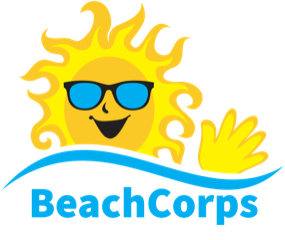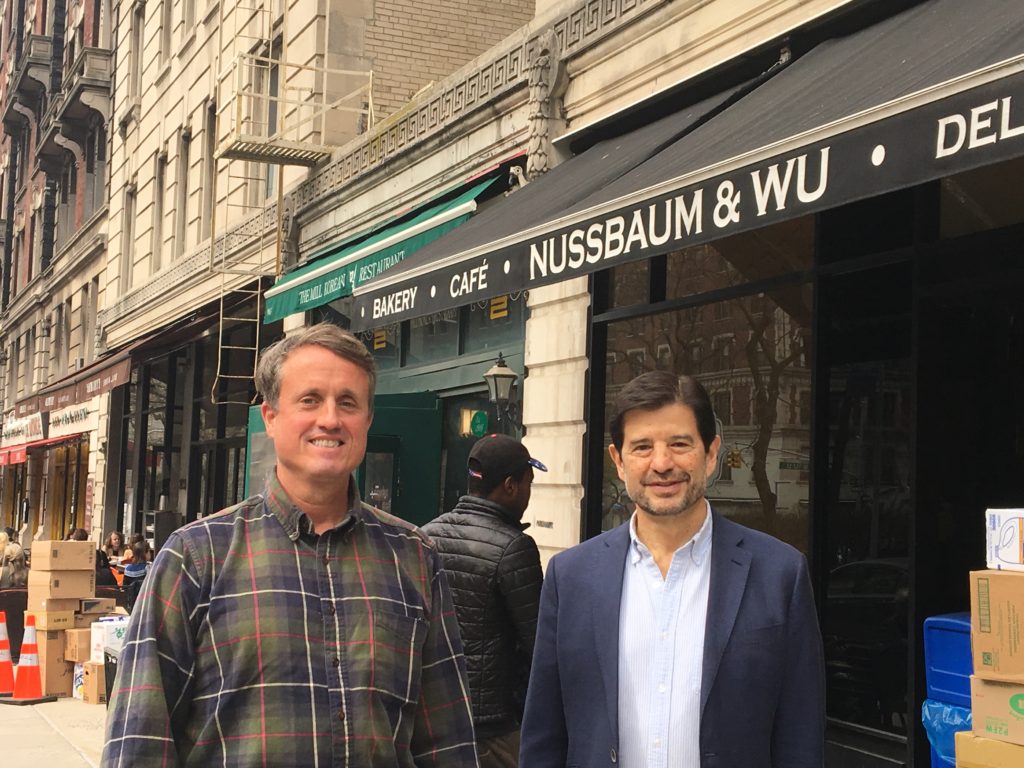How do you address the deeply entrenched problems harming environmental sustainability that have emerged over decades and more? With a long-term approach, of course. With a smart plan. A little at a time. BeachCorps had the great pleasure of a long chat about sustainable development with Don Melnick, Director of the Center for Environment, Economy, and Society (CEES), Columbia University.
Dr. Melnick is a tireless advocate for a long-term vision towards development. CEES has joined five environmental trust funds in Bolivia, Brazil, Colombia, Ecuador and Peru to establish the Amazon ForestCarbon Partnership, a collaboration to reduce carbon emissions and provide an economic alternative for forest dwelling communities and commercial enterprises in the Amazon.
Dr. Melnick recommended the work of Andrew Revkin, a former New York Times reporter and current senior report for climate change and other issues for ProPublica, who has focused on what he has called “slow drip issues” such as climate change and deforestation, for more than 20 years. Slow drip problems don’t get the attention they deserve because the damage is spread out over time. Dr. Melnick was critical of much government sustainability investment, which tends to focus on projects with easy, quick results in a few years rather than programs designed to fundamentally transform and resolve problems over time.
We learned about the work of Dr.Melnick because of some fantastic videos highlighting the sustainability strategy designed by the people of Miches/El Seibo in the Dominican Republic with help from Columbia University, shown here in videos (Part 1 and Part 2) dating from 2007. In the videos, Prof. Melnick describes a new approach where the private sector can take the lead, with the help of government and civil society, in developing the amazing seaside resources of Miches. The model Dr. Melnick proposes is far more sustainable in terms of promoting local jobs and income and social investment in health and education alongside environmental protection.
The Dominican Republic’s hotel development strategy has brought great benefits to the country and made it the king of the all-inclusive industry, but there is a growing recognition that this model is unsustainable going forward because it fails to benefit local communities or protect the environment.
We believe that our “Little Grain of Sand” philosophy on voluntourism can help resolve the “slow drip” problems that harm sustainability. One volunteer is just a little grain of sand and amounts to nothing. A little voluntourist sand in the wrong place can cause much harm. But by working with many different volunteers who steadily support real non-profit causes over time with their people-to-people engagement, donations and 500 Facebook friends, we can truly make more of a difference than a series of one-off projects designed to please a voluntourist. We can also educate more people by using the platform of regular vacations to reach new audiences. Finally, by focusing on sustainability we can encourage a race to the top in the hotel sector to improve sustainability.
(Dripping Faucet Photo: Maegen Tintari)
BeachCorps President David Searby and Don Melnick, Director of the Center for Environment, Economy, and Society (CEES), Columbia University
#BeachCorps #ALittleGrainofSand #Sustainability #SustainableTravel #DominicanRepublic #Voluntourism #VolunteerVacation #ClimateChange

